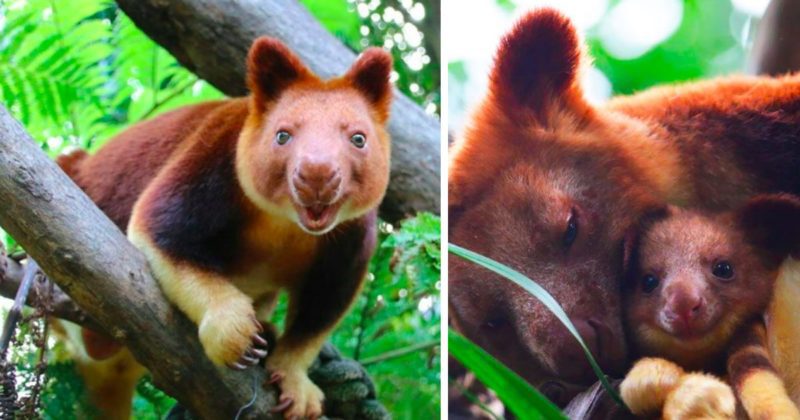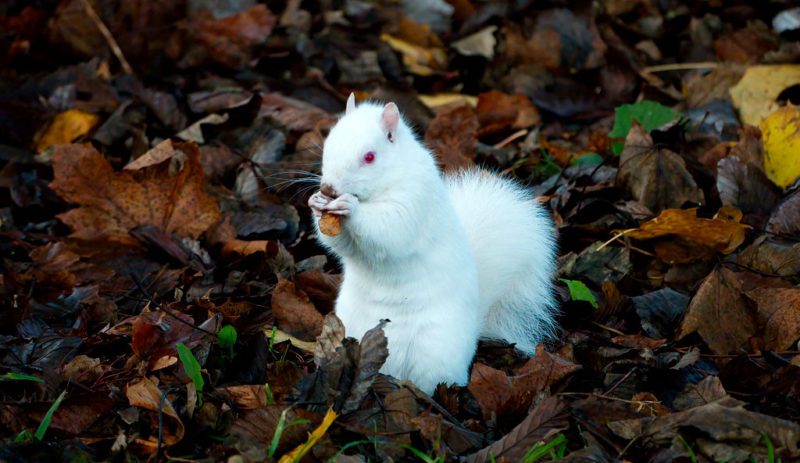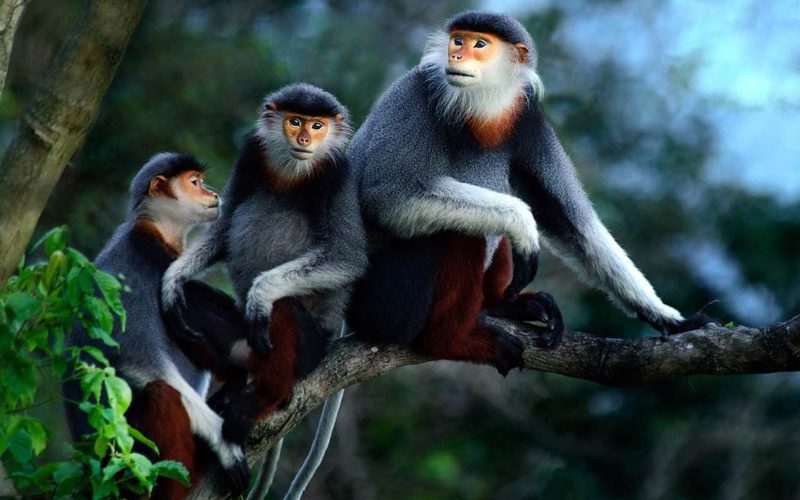This fairy-like bird was first described in 1890, but it wasn’t until 130 years later that we finally had the opportunity to admire its beauty in high-resolution images. Meet the dwarf Kingfisher from the southern Philippines, an amazing critic who is absolutely right.
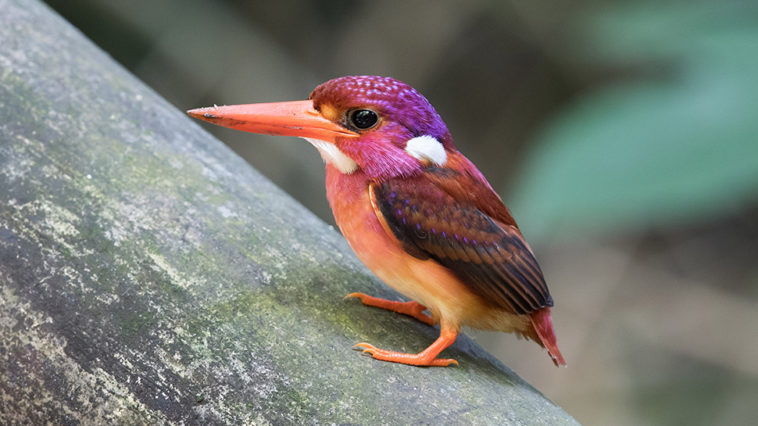
Miguel David de Leon, director of the Robert S. Kennedy Bird Conservancy, and his team have been working hard for ten years to document the bird’s behavior. As a Philippine field biologist, de Leon is only interested in the colorful wildlife of this peninsular country.
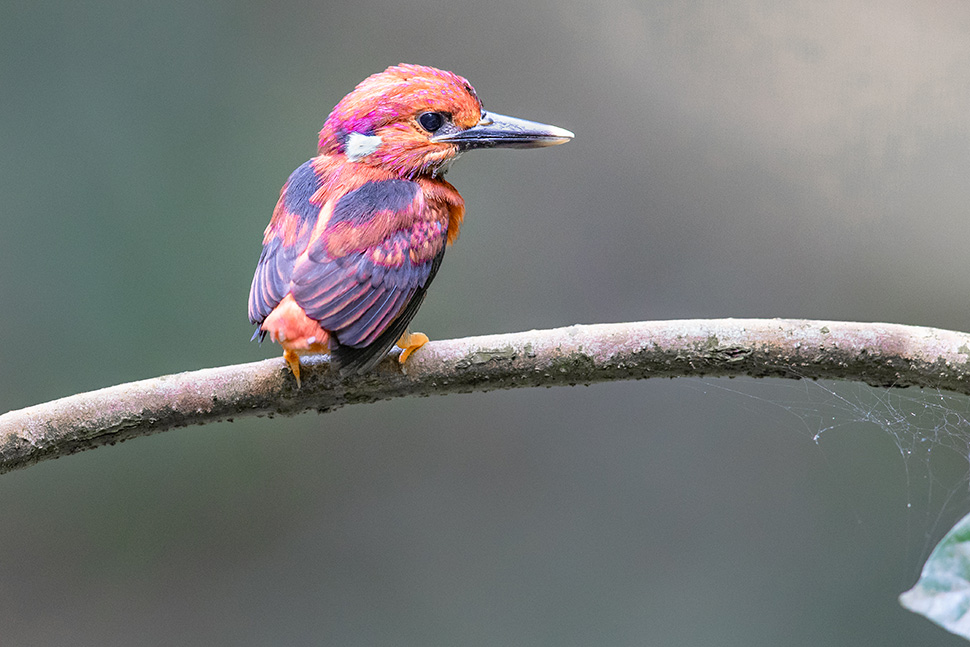
In Mapawa Nature Park, the team found two nesting sites for the dwarf Kingfisher of the southern Philippines, but unfortunately only one of them remained untouched.
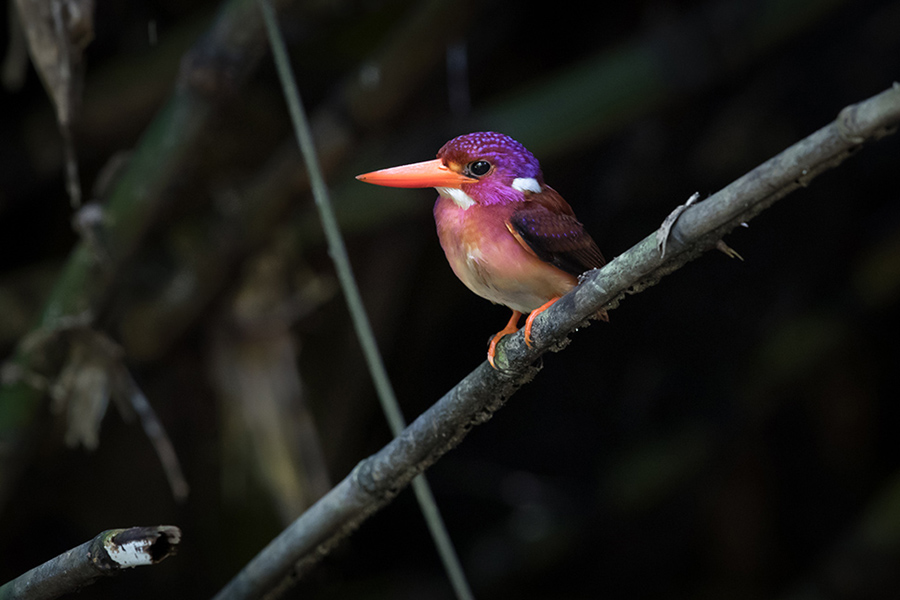
As we can see in the pictures, this unique bird looks incredibly beautiful with metallic lilac and orange coat, orange beak, yellow belly, and some blue spots on its head.
The southern Philippine dwarf Kingfisher (Ceyx mindanensis) is a member of the Alcedinidae family, belonging to the Philippines.
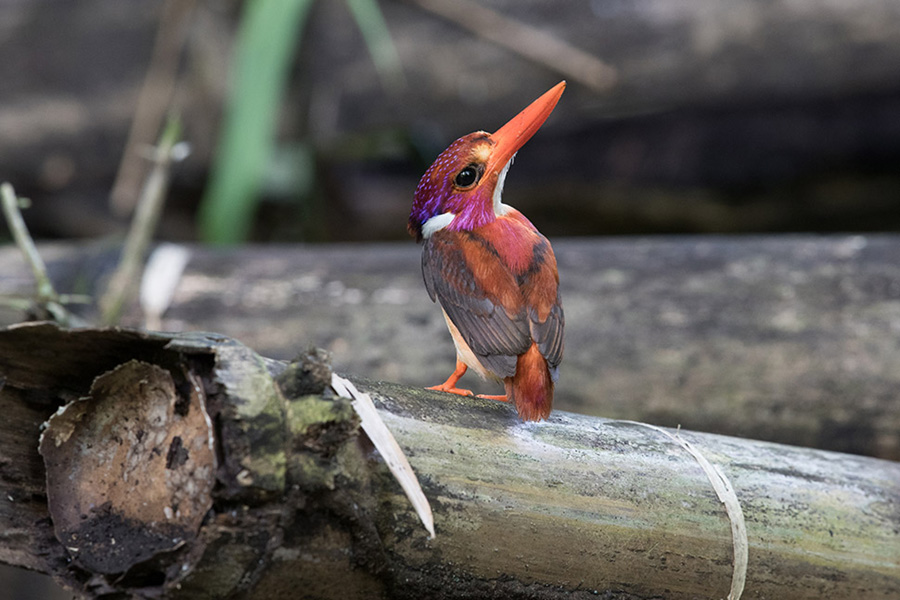
The bird was first described in 1890 by the American ornithologist Joseph Bell Steer in an article entitled “Steer Expedition to the Philippines in the Philippines”, in which he mentioned a list of birds and mammals which I had some brief introductions to localities and supposed new generations.
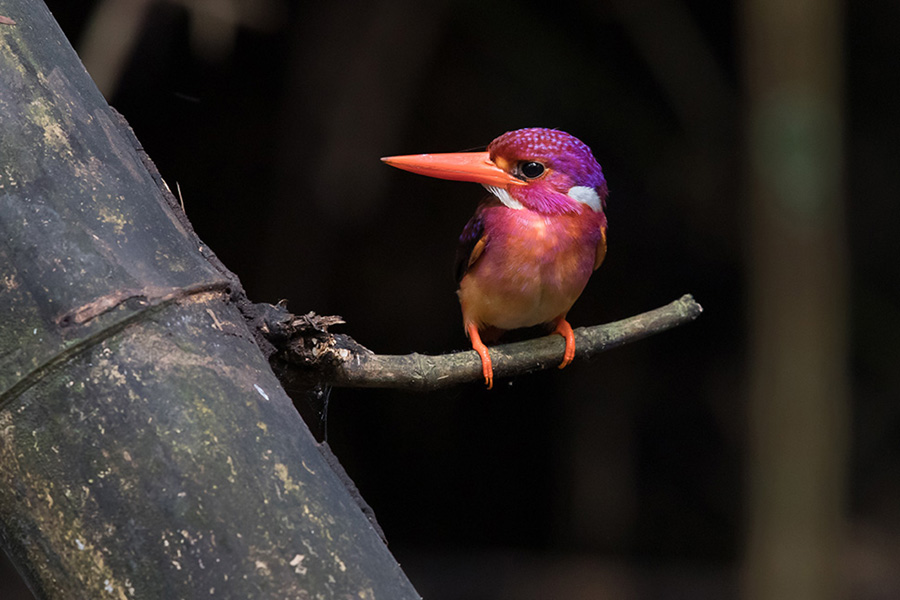
According to what scientists have discovered so far, it is probably the smallest species of jungle kingfisher in the country. This bird eats even small creatures, including earthworms, small lizards, and other invertebrates.
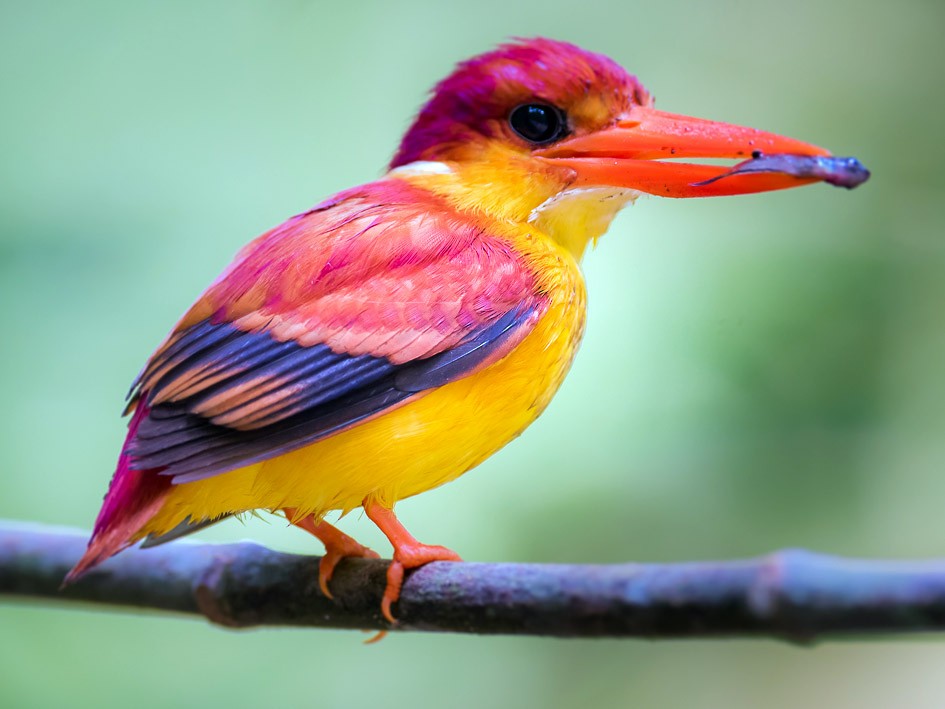
This charming species is found in the virgin and other growing forests of the islands of Mindanao and Basilan. Of course, seeing a glimpse of this beautiful creature is certainly not easy as it has a habit of sitting really quietly and secretly perch to perch.
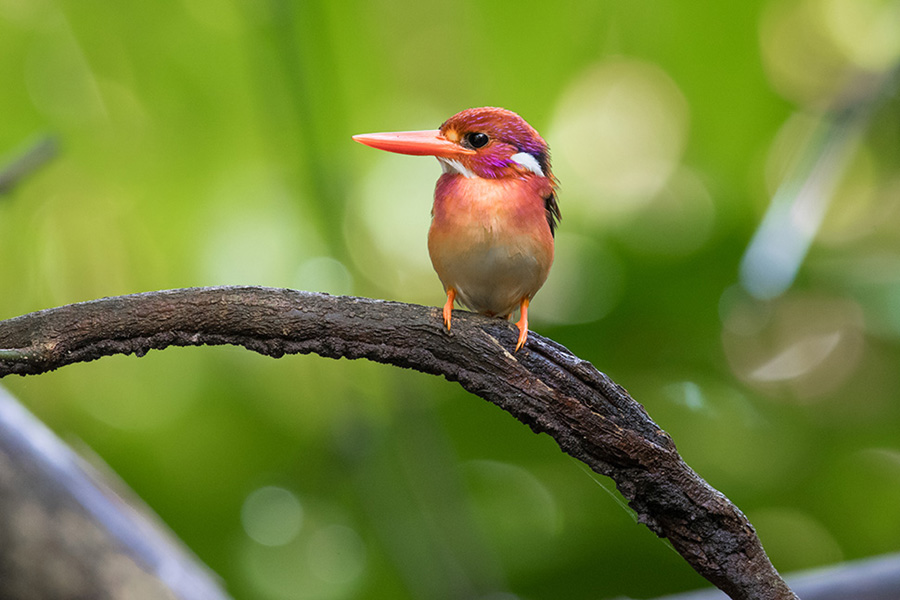
Unfortunately, this beautiful bird is on the verge of extinction due to habitat destruction, poaching, and climate change.
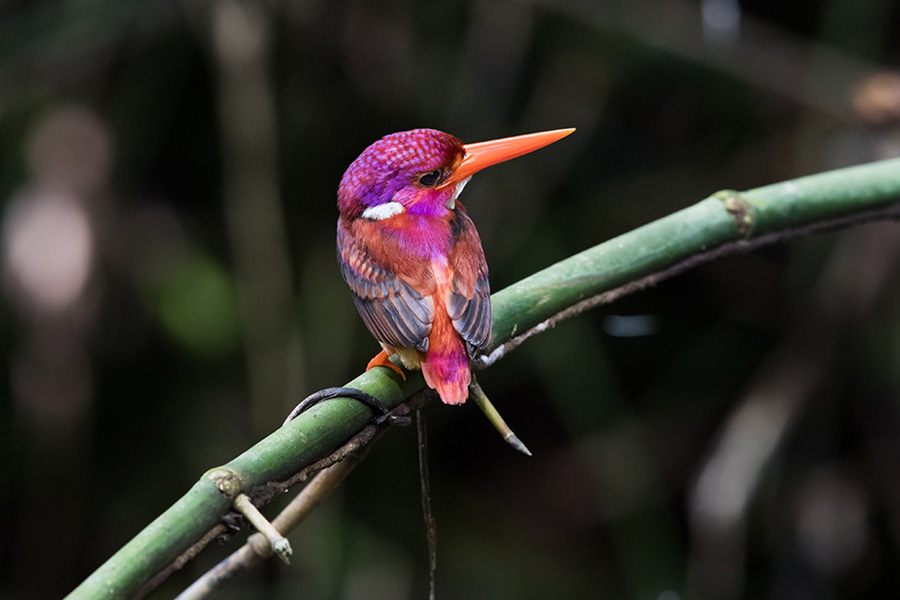
The greatest risk to the decline or loss of our native and indigenous species is habitat loss, “says De Leon. Culturally, recreational shooting of birds using airguns or slingshots further puts pressure on the bird population.
H/T: esquiremag
Read Also: Beautiful footage shows a lion leaning down to meet its cub for the first time
